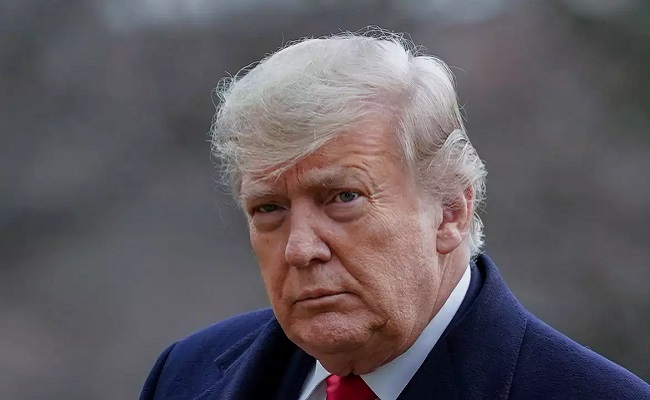
The current President of the United States, Donald Trump, has once again shocked the world — this time with a crackdown on student visas. Except for scheduled visa interviews, no new interviews will take place until further notice.
The Trump administration claims the move is intended to allow for deeper screening of students' social media activity before granting visas. But how reasonable is this? Isn’t this approach authoritarian, even bordering on monarchical? Is Trump slowly heading toward a leadership style reminiscent of North Korea’s Kim Jong-un?
If speaking out against the American system or condemning — like the genocide in Palestine — is enough to categorize students as anti-social or potentially dangerous, then Trump appears to be living in a reality of his own making.
America has long prided itself on being a free society where freedom of expression is a fundamental value.
The country welcomes students from all over the world based on merit and potential. Every student carries emotions and perspectives shaped by their homeland. If expressing these views becomes a reason for punishment or denial, it undermines the very principles of democracy and openness.
Putting that aside, the immediate impact is clear—students currently have no opportunity to apply for U.S. visas. They must now look for alternative destinations for higher education or choose to pursue opportunities within India. This shift could actually serve as an eye-opener, encouraging Indian students to explore diverse global education options instead of limiting their dreams to the U.S. alone.
On the other hand, this is a significant blow to the U.S. education system. When students begin to feel unsafe or uncertain due to unpredictable visa policies or harsh enforcement, the trust is broken. And once that trust is lost, it's incredibly difficult to rebuild. Moreover, it's a massive financial hit to the U.S. economy. Indian students alone contribute around ₹1.5 lakh crore annually through tuition and related expenses.
In short, Trump’s erratic decisions and controversial announcements are not just affecting global perception — they are actively harming his own country’s economy, reputation, and long-standing educational ties with the world.
Usha Chowdhary














